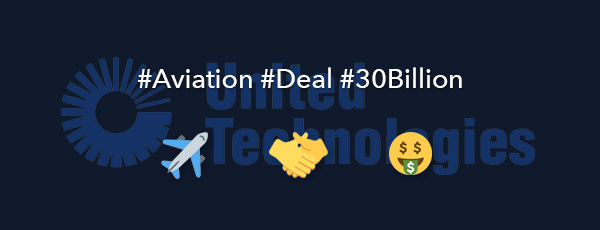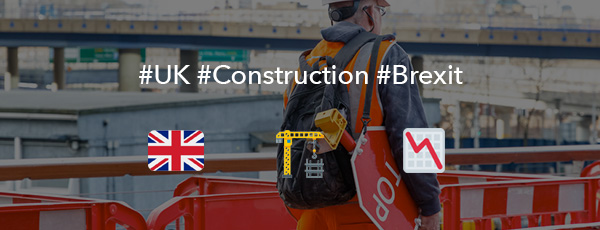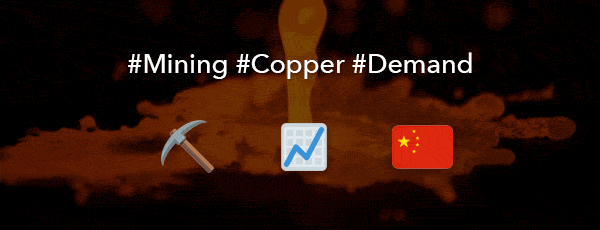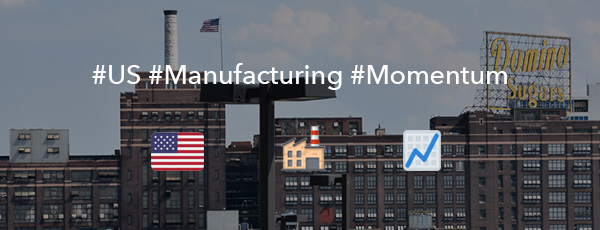
Image source:
What's going on?
I believe I can fly! In one of the biggest deals in the history of the aviation industry, United Technologies (a conglomerate with a large presence in aviation) agreed to buy Rockwell Collins (a maker of aviation systems) for $30 billion.
What does this mean?
America�s largest and fourth-largest aircraft parts manufacturers are joining forces to create a new, combined business. The two companies think they will eliminate at least $500 million in costs by joining forces (e.g. by only having one head office). But they largely make different types of aircraft parts (e.g. Rockwell makes cockpit systems while United makes engines), so the savings aren�t that big.
Perhaps more importantly, the combined company will have a much stronger negotiating position with its customers (which are primarily Boeing and Airbus) because they are selling them more stuff (e.g. �if you want our cockpit system, stop haggling so much on our engine prices�).
Why should I care?
For the markets: United Technologies is paying up to buy Rockwell Collins.
United Technologies is paying about 20% more than the price that Rockwell�s stock was at prior to rumors of this deal first leaking in the press a few weeks ago. It�s typical for an acquiring company to have to pay a premium in order to gain control of a rival. However, United Technologies� share price dropped almost 5% on Tuesday, suggesting investors may be fearful that it has agreed to pay too much.
The bigger picture: Conglomerates are becoming much less popular.
United Technologies derives about half of its revenue from selling and servicing aircraft parts. The other half comes from selling things like elevators and air conditioning units; in other words, from very different businesses. Many investors think that Tuesday�s deal is a precursor to United Technologies breaking itself into two or more companies (a route that its chief rival Honeywell is also reportedly also exploring). The rationale is that if United Technologies were to split into separate, smaller companies, investors would likely value the different companies more (in sum) than they currently value the one big company.
Originally posted as part of the Finimize daily email.
The top 2 financial news stories in 3 minutes. Join over one million Finimizers





